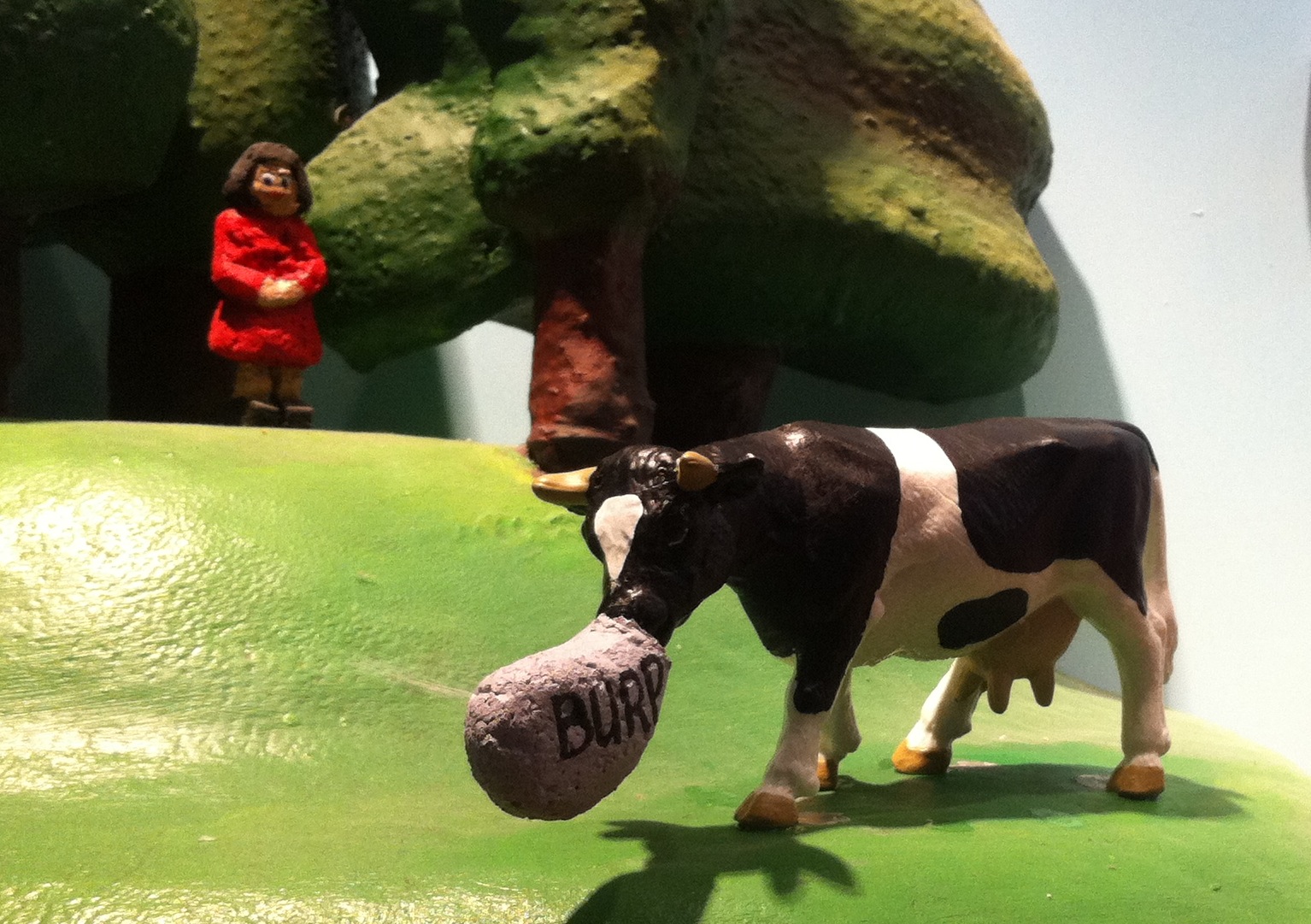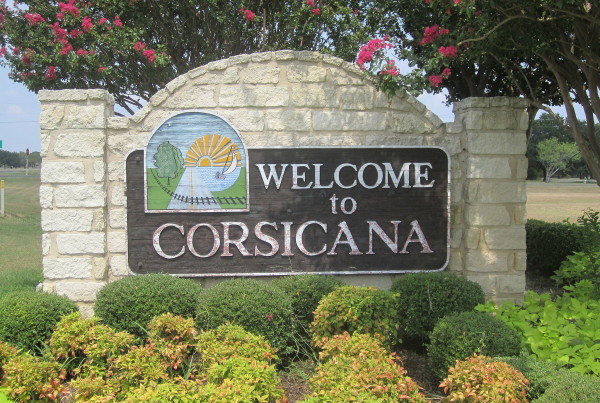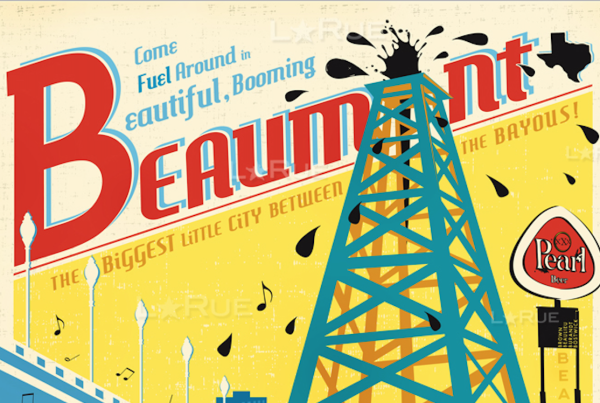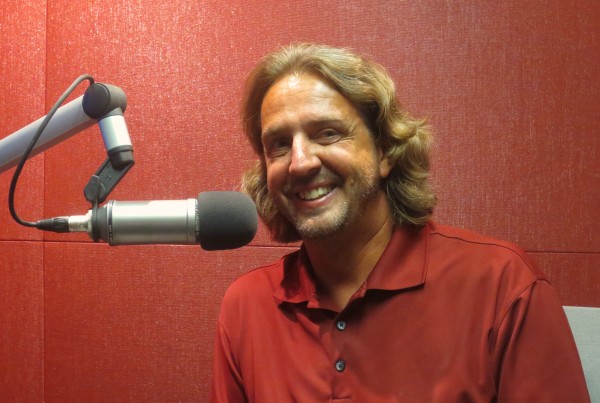There’s no doubt about it: Cattle ranching is big business in Texas. And as you probably know, gas emissions from cows aren’t the best thing for the environment.
But you may not be aware which form of cow gas is the real problem. It’s not the one you’re (probably) thinking of: cow farts.
No, cow burps are the real issue here.
Because of the way they digest food, when a cow belches, methane gas is released. This may be a little difficult to take seriously – the image of a cow burping doesn’t bring global warming to mind – but experts say it’s a big issue. When the world’s entire population of 1.5 billion cattle burp, there are bound to be environmental consequences.
But there may soon be a solution. Alexander Hristov, professor of dairy nutrition at Penn State, talks to the Standard about the “Clean Cow” project – a commercial project by a company in Europe called DSM Nutritional Products. Hristov says that more than 98 percent of methane gas released by cows come from the cow’s burps, since it’s the fermentation in their stomach that produces this gas.
“Our work here at Penn State was to prove that this works in reproducing dairy cows,” Hristov says. “And it does work in a three month experiment – it reduced the methane emissions by about 30 percent.”
The group created a food additive for the cows’ food. Hristov calls it an inhibitor, because it inhibits one of the enzymes that catalyzes the bonding between the carbon dioxide and hydrogen that make methane. And there are no negative side effects for the cows.
“The good news is that milk production was high,” Hristov says. “Their milk production wasn’t affected, their feed intake wasn’t affected. They actually gained more body weight.”
The challenge, however, may lie in convincing farmers to use this product once it’s approved by the FDA.
“If it doesn’t improve performance of the animals, then you have to convince them that there are environmental consequences – and that’s usually a tough sell,” Hristov says. “It has to have some production effects.”















